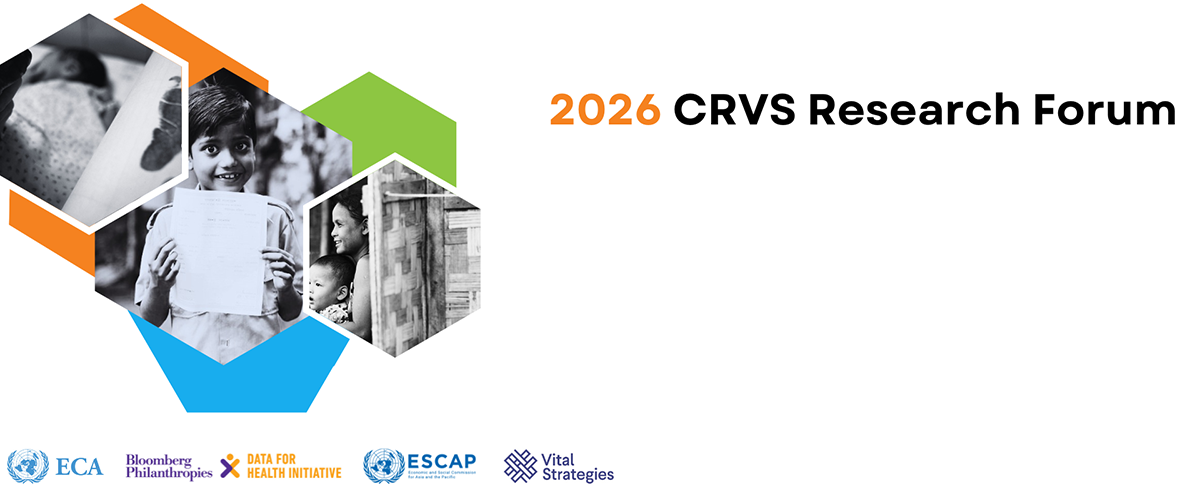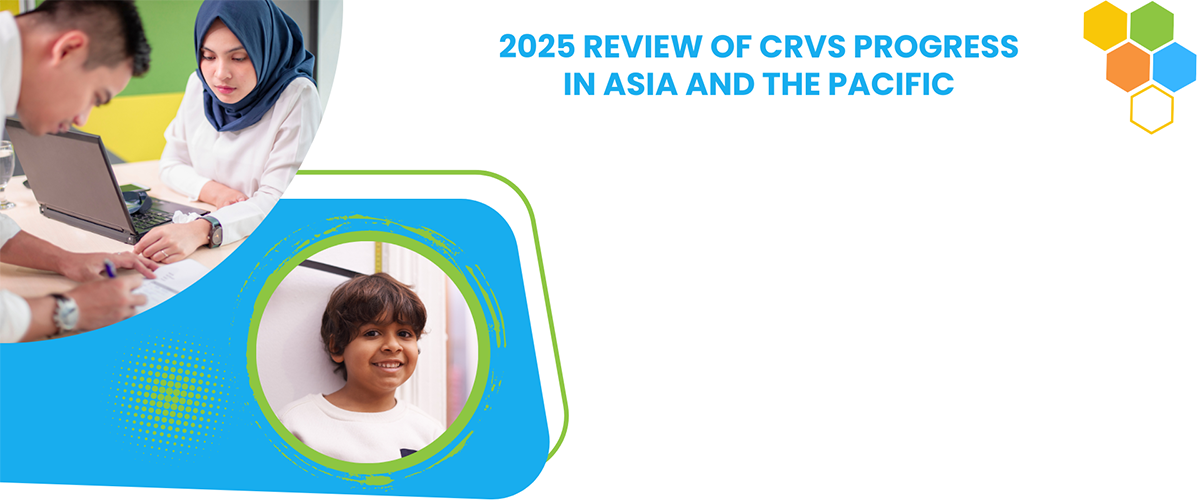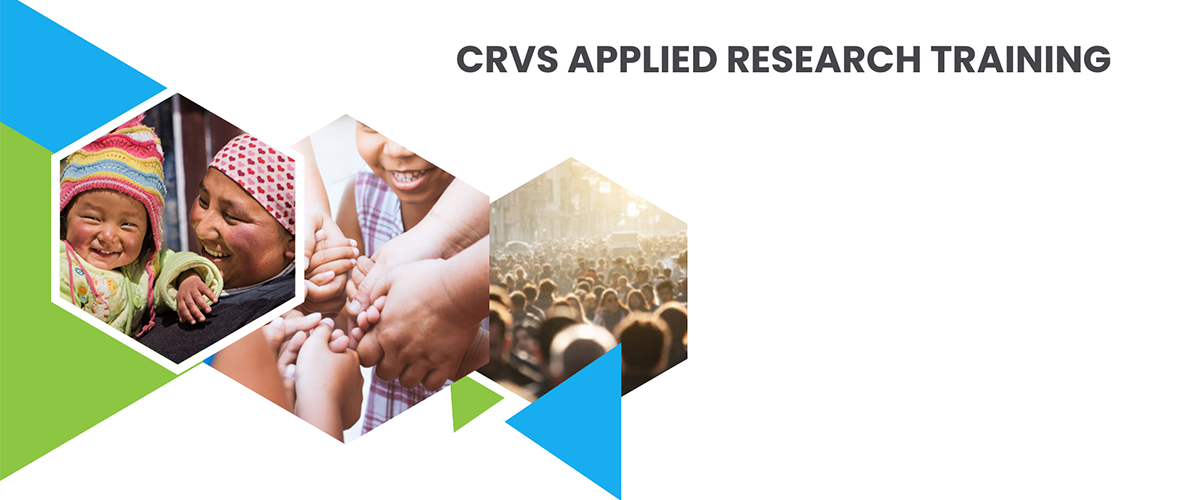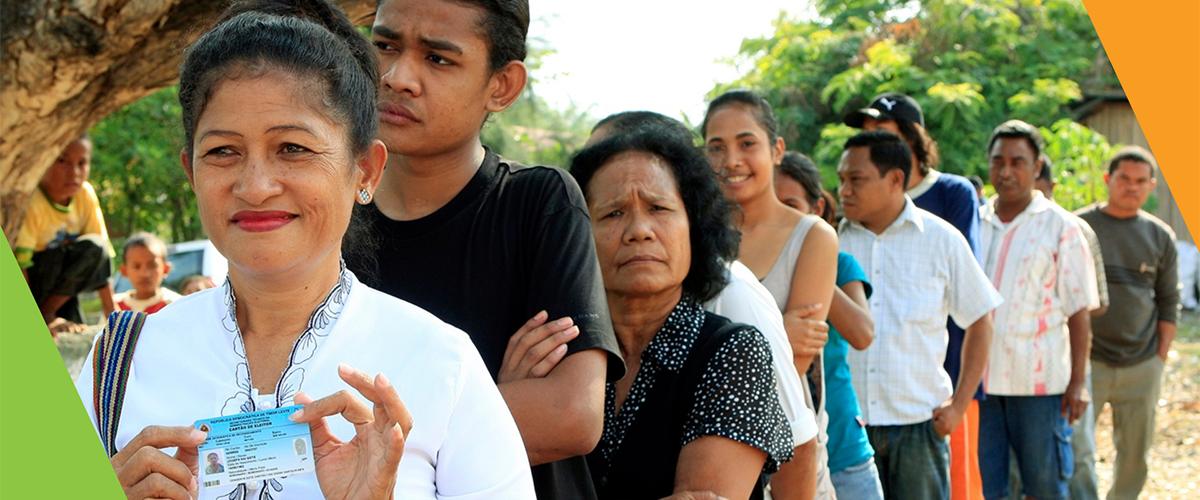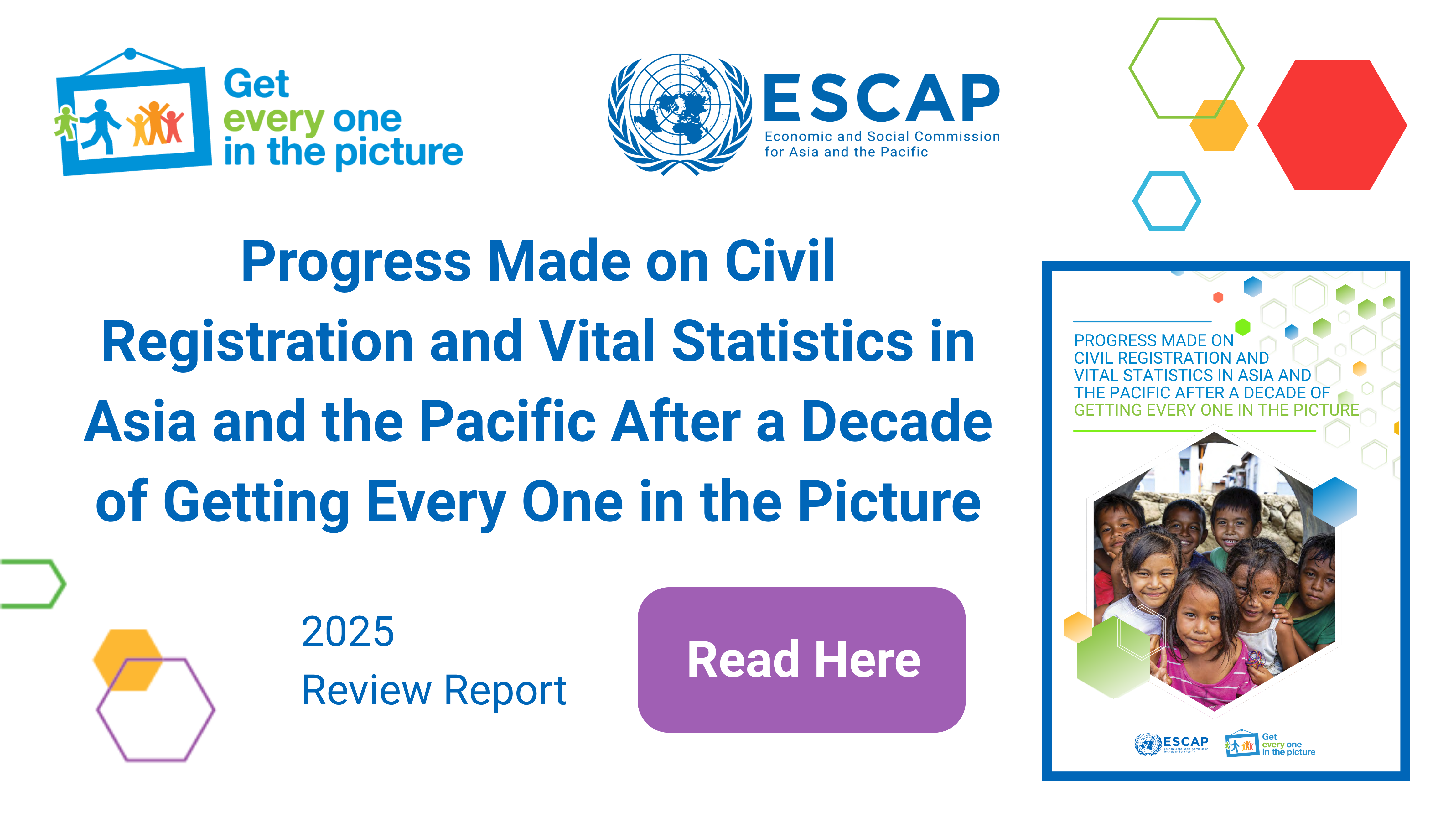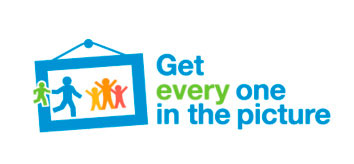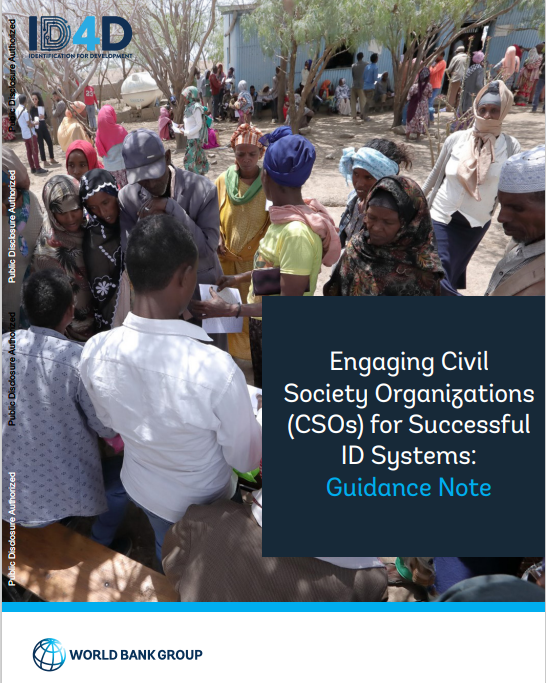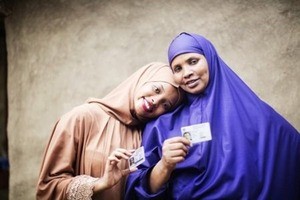2026 CRVS Research Forum
The United Nations Economic and Social Commission for Asia and the Pacific (ESCAP), in collaboration with the United Nations Economic Commission for Africa (ECA), will organize the second CRVS Research Forum on 30 March - 1 April 2026 in Bangkok, Thailand.
Read More
